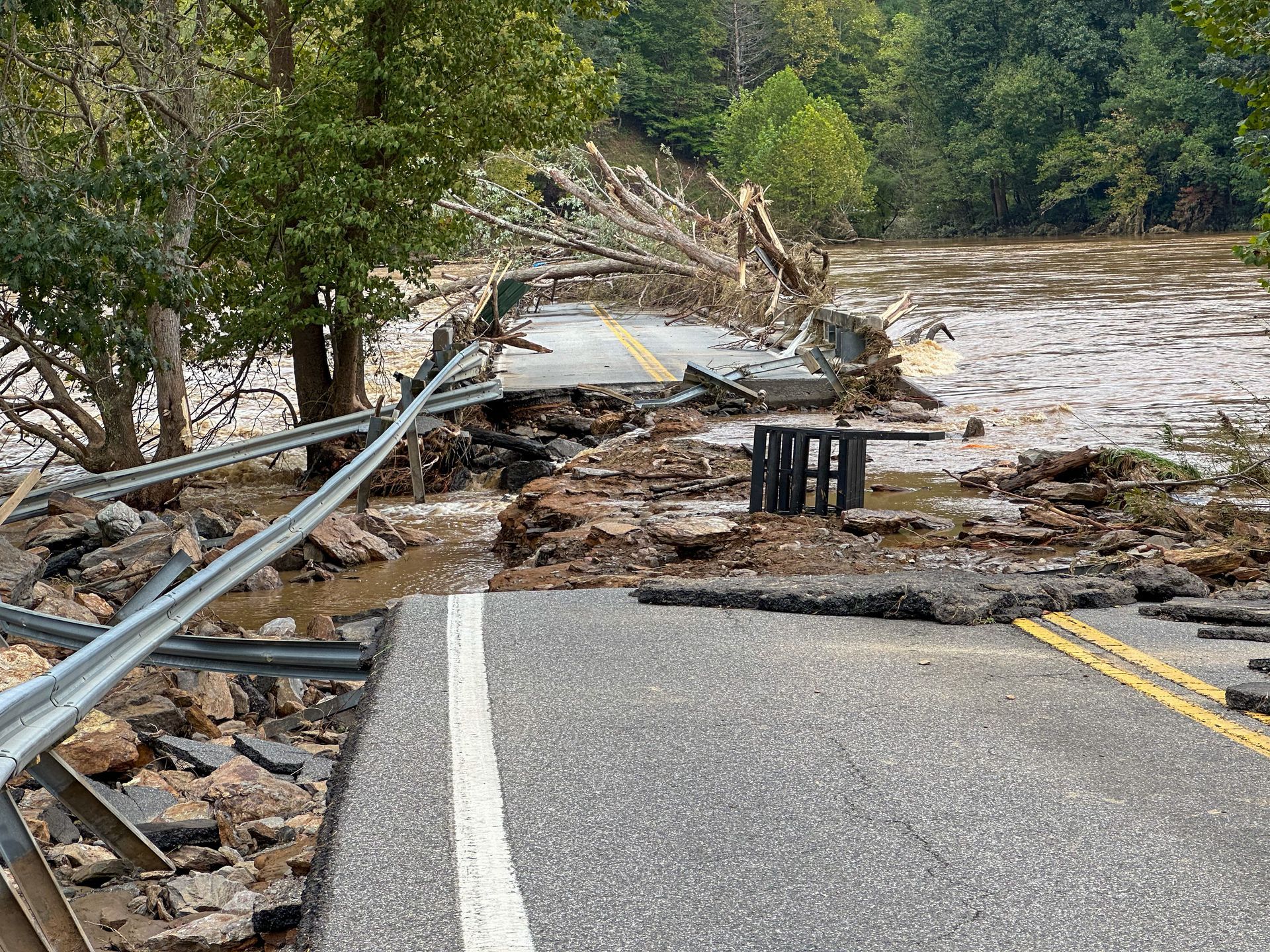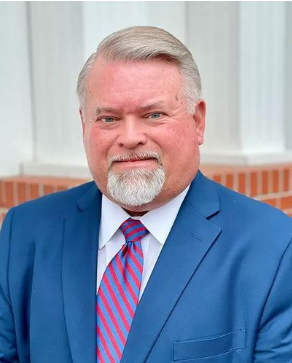I had watched as reporters and meteorologists detailed what was to come and emergency management services begged people to evacuate. I have looked at the devastation wrought by Hurricane Helene . . . heard of the incalculable loss of property . . . read of those who are missing or lost to the storm. And now the search and rescue missions have begun, missions that will, at some point, become search and recovery.
There were those who stayed behind to face the storm head on. For some it was strictly a matter of choice. They chose not to leave. For whatever reason, they chose to take the risk. For others it was a matter of what they would be forced to leave behind . . . their homes . . . their pets . . . their memories. And for others, it was simply a matter of finances. They had no where to go and couldn’t afford hotels and restaurants.
In the end, Helene was no respecter of persons. Her wrath fell on everyone and everything in her path. And that path encompassed areas never dreamed of . . . the mountains of Tennessee and North Carolina. As John Kitsteiner so astutely observed, “No one in the mountains of North Carolina or East Tennessee prepares for a hurricane. It’s kind of like asking why someone in Iowa doesn’t prepare for a tidal wave or why someone in Florida doesn’t prepare for a blizzard. It's not what happens . . .”
But it did, and even today, one week later, Helene still demands our attention. Facebook is filled with agonized posts begging for information about missing family members, friends, or employees. There are pictures of flood waters that run like rapids, of what were once roads and bridges, swept away in the currents, businesses that have been destroyed . . . homes that are now only piles of rubble. Tangible reminders of another place and time that are lost forever.
But there are also the helpers. The people who are gathering the most basic necessities of life so they can be delivered to what is left of the communities she ravaged. The linemen from across the country who have left home, their goal to do whatever they can to help in the aftermath. The pack horses and mules and their riders who are and will continue to move supplies into areas that are not accessible by any other means. And the helicopter pilots who have rescued many that were stranded and will continue to fly into the remotest areas.
There are a lot of things I can imagine in this life—my brain specializes in creating situations I will probably never face. But this is an event that defies imagination or even comprehension of the overwhelming amount of loss. And you know what? Give it another week . . . maybe two . . . and the devastation of Hurricane Helene will be pushed from most of our minds by other matters that are more directly pressing to us.
Those who are living this nightmare will not be as fortunate. As with all loss, they now face a lifetime of adjustment—adjustment that will not end just because their house becomes a home again or the intervening years soften the memory. They may have escaped physical harm, but the mental and emotional toll will be theirs forever. May we remember that. And them.
About the author: Lisa Shackelford Thomas is a fourth-generation member of a family that’s been in funeral service since 1926 and has worked with Shackelford Funeral Directors in Savannah, Tennessee for over 45 years. Any opinions expressed here are hers and hers alone and may or may not reflect the opinions of other Shackelford family members or staff.













